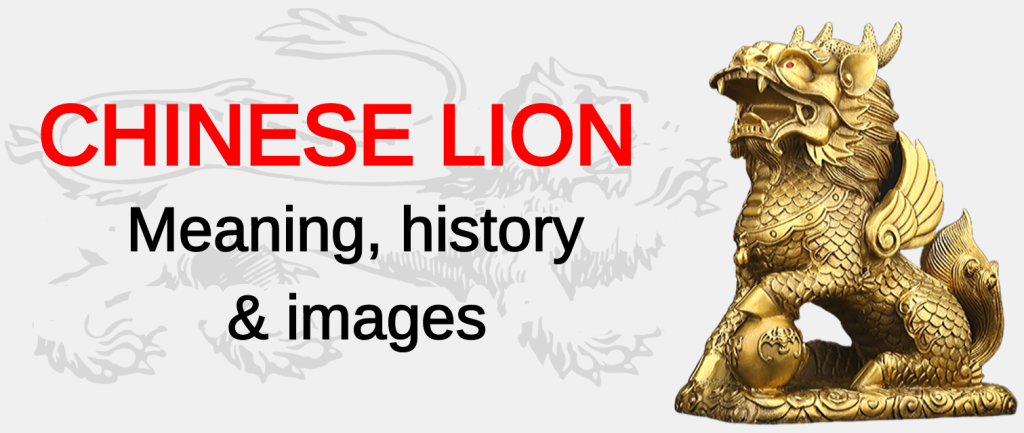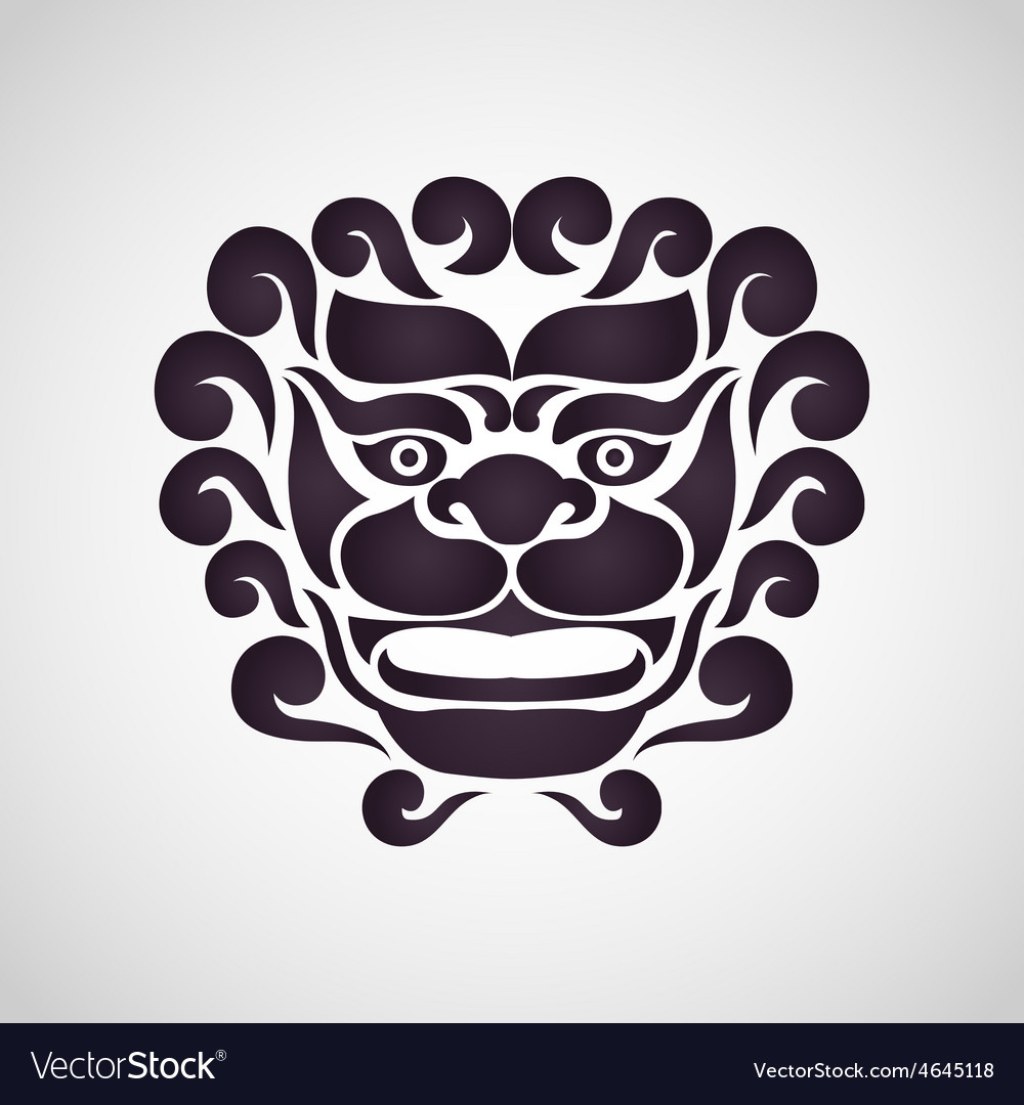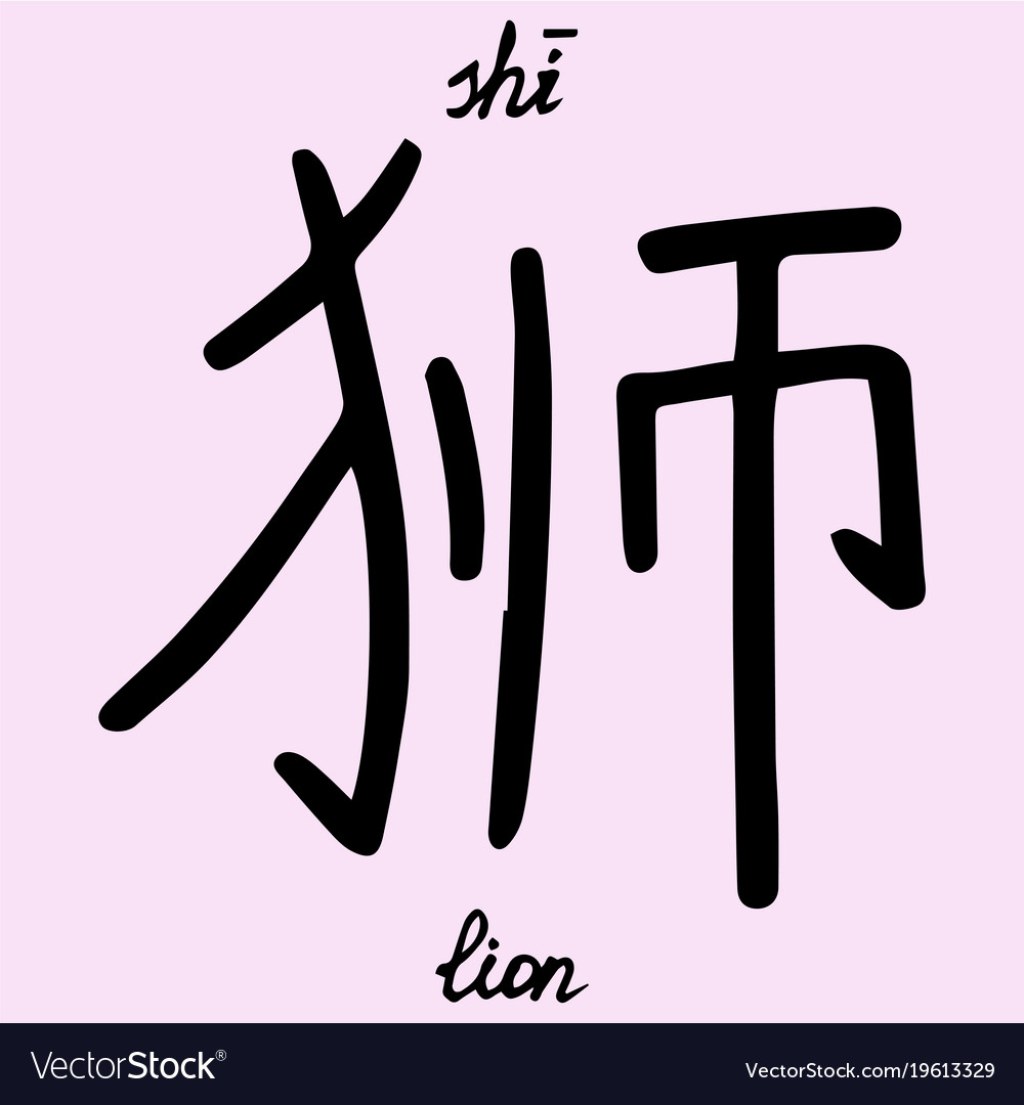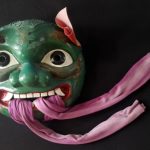Unveiling The Majestic Chinese Symbol For Lion: A Captivating CTA!
Chinese Symbol for Lion: Unlocking the Power and Meaning Behind the Ancient Icon
Greetings, Lions Enthusiast! In this article, we will delve into the fascinating world of Chinese symbols, focusing on the majestic lion. Lions have long been revered for their strength, courage, and regal presence. As symbols, they hold deep cultural significance and are believed to bring good fortune and protection. Join us as we explore the Chinese symbol for lion, uncover its origins, and unravel its hidden meanings.
Introduction
1. The Lion’s Roar: A Symbol of Power
3 Picture Gallery: Unveiling The Majestic Chinese Symbol For Lion: A Captivating CTA!



2. An Ancient Tradition: Chinese Symbolism

Image Source: stylish-lion.com
3. The Significance of Lions in Chinese Culture
4. The Symbolic Meaning of the Lion in Chinese Art

Image Source: vectorstock.com
5. Exploring the Chinese Symbol for Lion
6. The Evolution of Lion Symbols in Chinese History

Image Source: vectorstock.com
7. Unlocking the Secrets: The Importance of Understanding Chinese Symbols
What is the Chinese Symbol for Lion?
In Chinese culture, the lion is represented by the character 狮 (shī). This character combines the radical 犭, meaning dog, with the phonetic component 师, pronounced shī, which means master. The character 狮 visually portrays a majestic lion, emphasizing its regal stature and dominant presence. This symbol is widely used to depict the lion in various forms of Chinese art, including calligraphy, paintings, sculptures, and embroidery.
The Lion’s Roar: A Symbol of Power
The lion’s roar is renowned for its strength and authority. In Chinese symbolism, the lion’s roar represents power, dominance, and the ability to command respect. It is believed that the lion’s roar can deter evil spirits and bring good luck. This symbolism is often depicted in traditional lion dance performances, where the lion’s movements and roars are believed to drive away negative energy and usher in prosperity.
An Ancient Tradition: Chinese Symbolism
Chinese symbolism has a rich history dating back thousands of years. It is deeply rooted in Chinese philosophy, mythology, and cultural beliefs. Symbols are used to convey complex ideas, concepts, and values in a concise and visual manner. Understanding these symbols is essential for interpreting Chinese art, literature, and traditional practices.
The Significance of Lions in Chinese Culture
In Chinese culture, lions hold a prominent place as revered mythical creatures. They are often associated with bravery, power, and protection. Lions are believed to have the ability to ward off evil spirits and protect homes, temples, and important landmarks. As such, lion statues are commonly placed at the entrances of buildings and used in festive celebrations to bring good fortune.
The Symbolic Meaning of the Lion in Chinese Art
In Chinese art, the lion is depicted in various forms, each carrying its own symbolic meaning. The Rui Shi or Shi lion, known for its fierce expression and open mouth, symbolizes protection and warding off evil. The Foo Dog or Fu Dog lion, often portrayed in pairs, represents balance, harmony, and prosperity. These lion symbols are commonly seen in architecture, pottery, textiles, and decorative items.
Exploring the Chinese Symbol for Lion
The Chinese symbol for lion, 狮 (shī), embodies the essence of the lion’s character and power. It captures the lion’s regal posture, showing it with a majestic mane and an imposing presence. This symbol is widely used to represent the lion in various contexts, such as zodiac signs, family crests, and cultural events. It is a potent reminder of the lion’s strength, courage, and protective qualities.
The Evolution of Lion Symbols in Chinese History
The lion symbol has evolved throughout Chinese history, reflecting the changing cultural and artistic influences. In ancient times, lion symbols were often influenced by Indian and Persian art, resulting in a more stylized and exaggerated representation. As Chinese art developed and became more refined, lion symbols evolved to incorporate indigenous artistic styles, resulting in a unique blend of cultural influences.
Unlocking the Secrets: The Importance of Understanding Chinese Symbols
Understanding Chinese symbols, such as the Chinese symbol for lion, is essential for unlocking the rich cultural heritage of China. By delving into the meanings and significance behind these symbols, we gain insights into Chinese history, beliefs, and values. It allows us to appreciate the depth and intricacy of Chinese art and culture, and fosters cross-cultural understanding and appreciation.
Who Uses the Chinese Symbol for Lion?
The Chinese symbol for lion is widely used in various aspects of Chinese culture, including:
1. Traditional Festivals: Lion dance performances are a common sight during Chinese New Year celebrations, as well as other festive occasions. The lion’s presence is believed to bring good luck and drive away evil spirits.
2. Architecture: Lion statues are often placed at the entrances of buildings, temples, and important landmarks as protective guardians.
3. Art and Crafts: The symbol is frequently incorporated into Chinese calligraphy, paintings, sculptures, pottery, and embroidery.
4. Zodiac Signs: In the Chinese zodiac, the lion is represented by the sign of the Dog, which is associated with loyalty and protection.
5. Family Crests: Some families use the Chinese symbol for lion in their family crests to symbolize strength, courage, and protection.
When Did the Chinese Symbol for Lion Originate?
The Chinese symbol for lion has deep historical roots and dates back centuries. Its exact origins are difficult to trace, but lion symbolism can be found in ancient Chinese art, literature, and mythology. The symbol has evolved over time, incorporating various artistic influences and cultural beliefs.
Where Can You Find the Chinese Symbol for Lion?
The Chinese symbol for lion can be found in various locations and contexts:
1. Chinese Temples and Shrines: Lion statues are commonly found at the entrances of temples and shrines, symbolizing protection and warding off evil spirits.
2. Traditional Markets: Artisans and craftsmen often incorporate the lion symbol into their creations, such as calligraphy, paintings, pottery, and decorative items.
3. Festive Celebrations: Lion dance performances are a highlight of many traditional Chinese festivals, where the lion’s presence is believed to bring luck and prosperity.
4. Cultural Institutions: Museums and galleries dedicated to Chinese art and culture often showcase lion symbols in their exhibits, providing insights into their historical and cultural significance.
Why is the Chinese Symbol for Lion Significant?
The Chinese symbol for lion holds great significance in Chinese culture for several reasons:
1. Protection and Guardianship: Lions are believed to possess strong protective qualities, guarding against evil spirits and bringing good fortune to those in their presence.
2. Strength and Power: The lion’s majestic presence and powerful roar symbolize strength, courage, and authority.
3. Cultural Heritage: The lion symbol is deeply rooted in Chinese history and represents the country’s rich cultural heritage.
4. Symbol of Royalty: The lion is often associated with royalty and nobility, symbolizing leadership and prosperity.
5. Positive Energy: The lion’s image is believed to emit positive energy, promoting happiness, harmony, and success.
How Can You Incorporate the Chinese Symbol for Lion?
There are various ways to incorporate the Chinese symbol for lion into your life and surroundings:
1. Home Decor: Place lion statues or figurines in your home to symbolize protection, prosperity, and good fortune.
2. Art Collection: Add Chinese lion art, such as paintings or calligraphy, to your art collection to appreciate its cultural and aesthetic value.
3. Jewelry and Accessories: Wear jewelry or accessories featuring lion motifs to embrace the symbolism of strength and power.
4. Festive Celebrations: Incorporate lion dance performances during festive occasions to bring luck and prosperity to the event.
5. Tattoos: Consider getting a tattoo of the Chinese symbol for lion to symbolize strength, courage, and protection.
Pros and Cons of the Chinese Symbol for Lion
1. Pros:
Strength and Protection: The lion symbolizes strength and protection, making it a powerful symbol to have in your life.
Cultural Significance: The Chinese symbol for lion represents China’s rich cultural heritage and its profound symbolism.
Positive Energy: The lion’s image is believed to emit positive energy, promoting happiness, harmony, and success.
2. Cons:
Appropriation: The use of Chinese symbols, including the lion, without proper understanding and respect for their cultural significance can lead to cultural appropriation and misinterpretation.
Misrepresentation: Misinterpretation or misrepresentation of the lion symbol can distort its meaning and cultural context.
Frequently Asked Questions (FAQ)
Q1: Are lions native to China?
A1: No, lions are not native to China. However, they hold deep symbolic significance in Chinese culture.
Q2: What is the lion dance?
A2: The lion dance is a traditional Chinese dance performed during festive occasions, using a lion costume operated by two or more performers. It is believed to bring good luck and prosperity.
Q3: Are there different types of lion symbols in Chinese culture?
A3: Yes, there are different types of lion symbols in Chinese culture, each carrying its own symbolic meaning. These include the Rui Shi or Shi lion and the Foo Dog or Fu Dog lion.
Q4: Can I use the Chinese symbol for lion in my own artwork or designs?
A4: It is important to respect the cultural significance of Chinese symbols. If you wish to use the Chinese symbol for lion in your artwork or designs, it is recommended to understand its meaning and context.
Q5: Are there any taboos or superstitions associated with the lion symbol?
A5: While the lion symbol is generally associated with positive energy and protection, it is essential to approach Chinese symbolism with cultural sensitivity and respect. Avoid using the lion symbol inappropriately or without understanding its cultural significance.
Conclusion: Embrace the Lion’s Symbolic Power
The Chinese symbol for lion represents more than just a majestic creature. It embodies strength, protection, and cultural heritage. By understanding the symbolism behind the Chinese symbol for lion, we can appreciate its significance in Chinese art, culture, and traditions. Embrace the lion’s symbolic power in your life, and let it inspire you to face challenges with courage, lead with strength, and protect what is important to you.
Final Remarks
As we conclude our exploration of the Chinese symbol for lion, it is important to approach Chinese symbolism with cultural sensitivity and respect. Symbols hold profound meanings and are deeply intertwined with the history and beliefs of a culture. By engaging in a respectful and informed manner, we can foster cross-cultural understanding and appreciation. Let the lion’s symbol guide you on a journey of discovery and appreciation for the rich tapestry of Chinese culture.
This post topic: Lions



